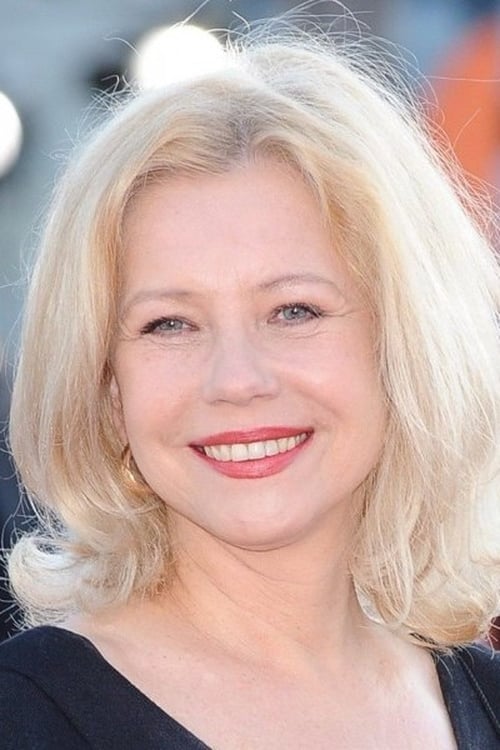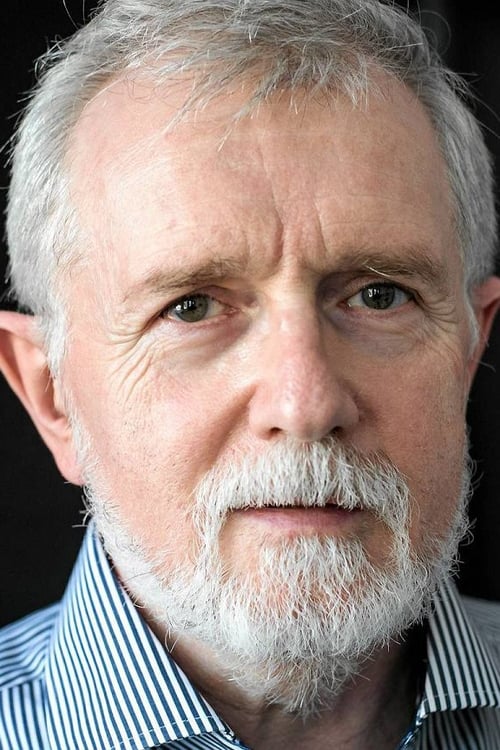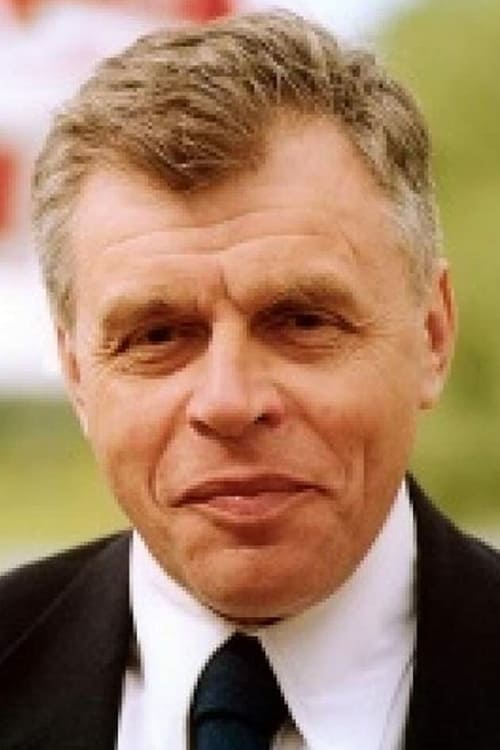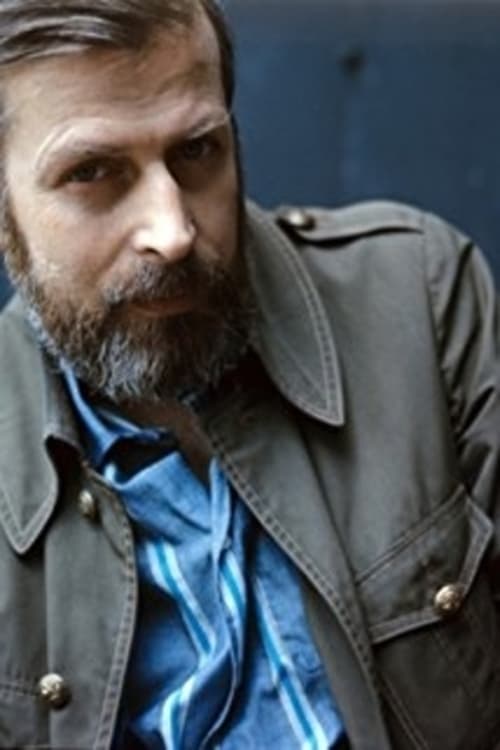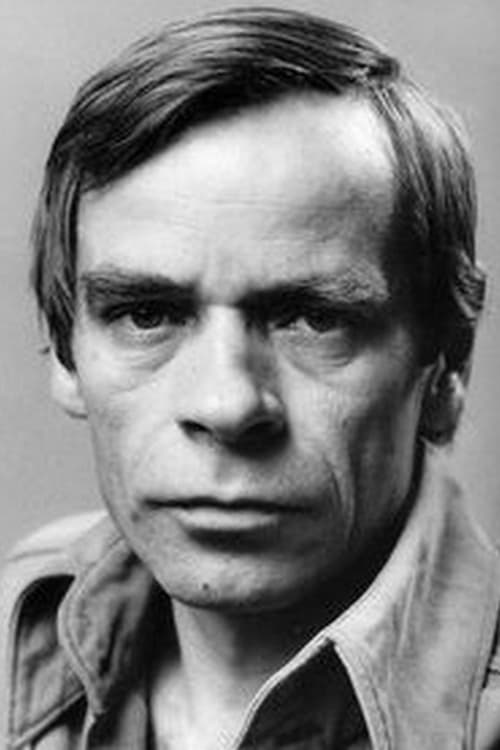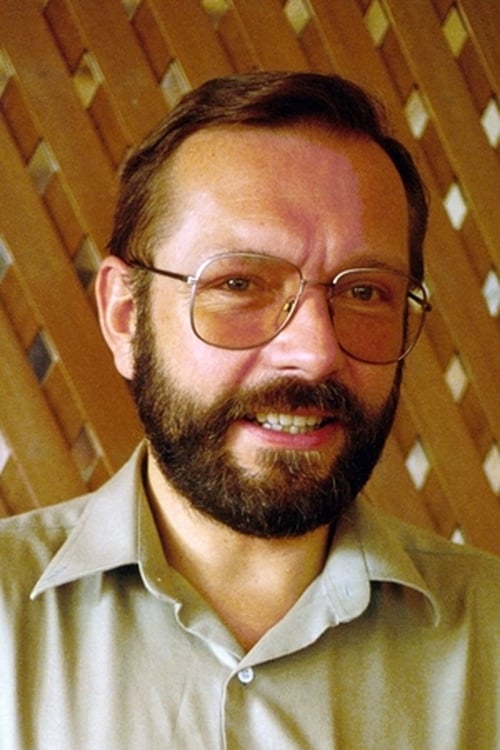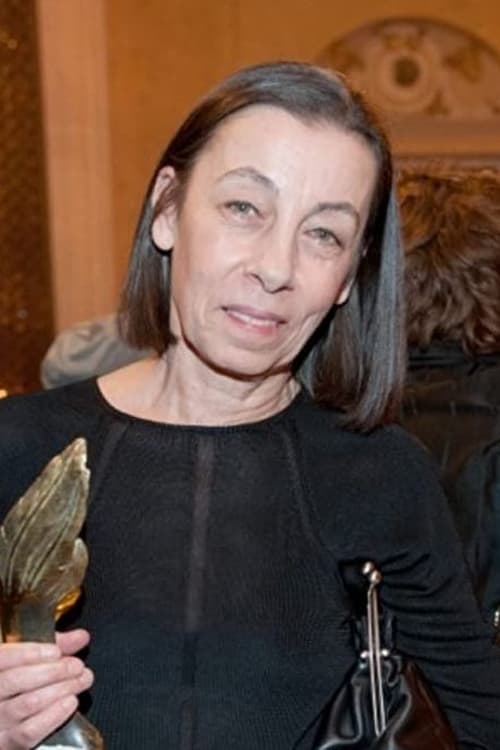The Constant Factor (1980)
Genre : Drama
Runtime : 1H 27M
Director : Krzysztof Zanussi
Synopsis
The main character in this effective, convincing drama is Witold (Tadeusz Bradecki) who is high in what later would be termed the "emotional quotient" or the ability to bounce back from adverse, tragic circumstances. Witold has been nursing both his sick mother and a deeply rooted desire to climb the Himalayas. His father had died climbing in those mountains, and they have an allure for Witold as well. But his dreams begin to crumble when his mother succumbs to her illness and trouble brews at work. The situation becomes bad enough to scramble Witold's life with no indication of future improvement.

A slightly sinister but charming young man falls in with a young mother and daughter and her boyfriend on a camping holiday and leads them astray.
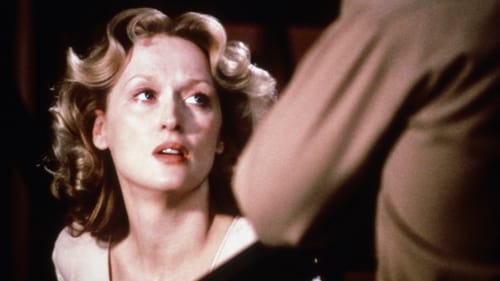
Stingo, a young writer, moves to Brooklyn in 1947 to begin work on his first novel. As he becomes friendly with Sophie and her lover Nathan, he learns that she is a Holocaust survivor. Flashbacks reveal her harrowing story, from pre-war prosperity to Auschwitz. In the present, Sophie and Nathan's relationship increasingly unravels as Stingo grows closer to Sophie and Nathan's fragile mental state becomes ever more apparent.
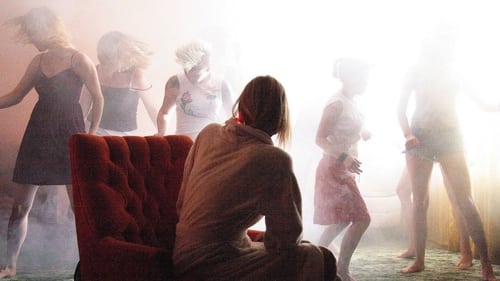
An actress’s perception of reality becomes increasingly distorted as she finds herself falling for her co-star in a remake of an unfinished Polish production that was supposedly cursed.
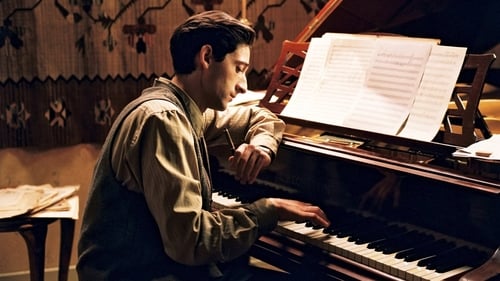
The true story of pianist Władysław Szpilman's experiences in Warsaw during the Nazi occupation. When the Jews of the city find themselves forced into a ghetto, Szpilman finds work playing in a café; and when his family is deported in 1942, he stays behind, works for a while as a laborer, and eventually goes into hiding in the ruins of the war-torn city.
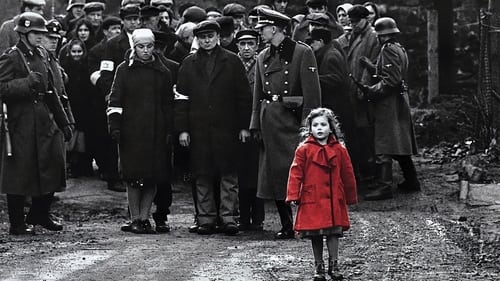
The true story of how businessman Oskar Schindler saved over a thousand Jewish lives from the Nazis while they worked as slaves in his factory during World War II.

Lichter is an episodic tale from Hans-Christian Schmid about the life on the border between Germany and Poland. The film sheds light on the everyday stories of escape and desperateness.

“Laura” is based on a true story about a dramatic search and rescue mission at Halemba coal mine that gripped Poland in February of 2006. A miner was trapped underground, and by the fourth day when everyone was beginning to lose hope of his safe return, the rescue team heard a faint knocking on the pipeline. After a nearly a week long search, the miner was rescued. Those who followed the story closely called it a miracle. But the miner claimed that what saved him was stronger than a miracle – his love for his daughter Laura, and his wife Marlena.
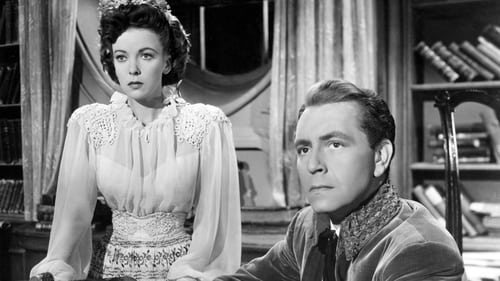
It is early 1939 in Poland when Mrs. Bromley and Jennifer come to buy antiques for her business in London. Jennifer meets Count Stephen and they wine, dine and see the sights though out the city. He wishes to marry, but his family is against plain Jennifer. When she tries to leave, he catches her at the train station and they are married. To be self sufficient, they modernize the family farm with tractors and increase production, but then Germany starts the war.

A Chicago cop goes to Poland to get the hoods who killed his brother. When he finds out they belong to the local outfit of the Russian mob, he takes on the outfit's boss, as well as Dr. Lem, who handles illegal organ trade for the mob.
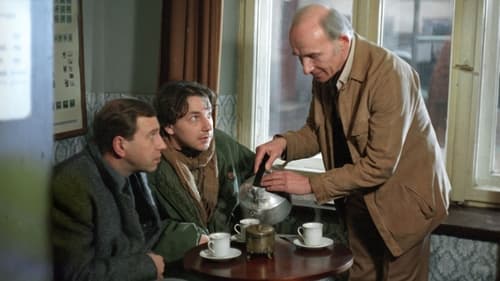
Jerzy and Artur’s father dies, leaving behind a valuable stamp collection, which, they discover, is coveted by dealers of varying degrees of shadiness. The more involved the brothers get in their father’s world, the more dire and comical their situation becomes.
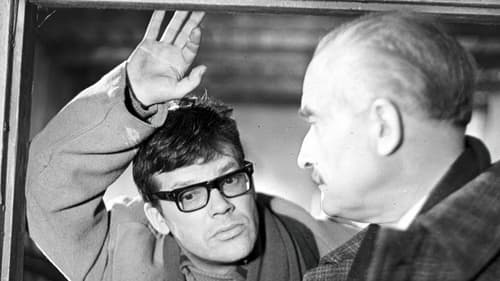
A father searches for his son, who has been missing since WW II, in post-war Poland. In his quest for the truth about his son, the father is forced to contemplate the elusive and coded nature of truth itself.
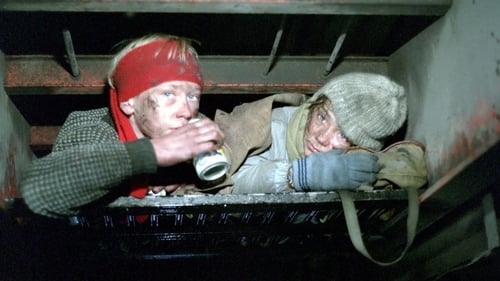
Based on a true story dating back to 1985 when two Polish boys, a teenager and his little brother, escaped from communist Poland all the way to Sweden, hidden under a truck. In the movie, their destination has been changed to Denmark.

A young doctor has been assigned to a hospital in the provinces, in the lakes district of northern Poland. The area is a playground with hunting lodges for the priviledged, the local politicians cover up any leaks to the public. The doctor discovers a case of drunken driving but is silenced by blackmail in the court. He tries to fight back but has a love affair with the unfaithful wife of the town's Mayor.

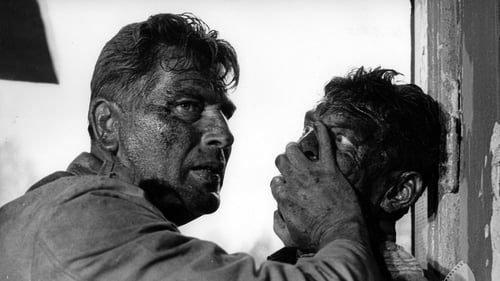
Westerplatte is a small peninsula at the entry to the Gdansk Harbour. Before World War II, it functioned as a Polish ammunition depot in the Free City of Danzig/Gdansk. Its crew consisted of one infantry company and a group of civilians, 182 people in total. It was the only Polish guard-post at the mouth of the Vistula River, with as little as five sentries, one field cannon, two anti-armour guns and four mortars. It was the first obstacle to Hitler's predatory march across Europe. The first shots of World War II were fired here. This film tells the story of Westerplatte's courageous defenders.
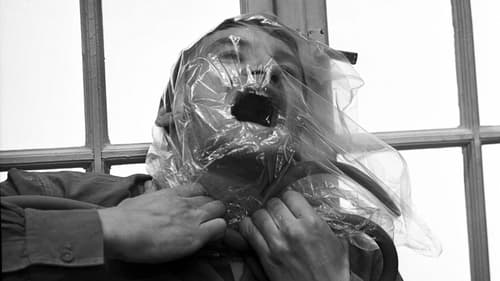
The reunion of a group of former medical students results in a flood of bitter memories.
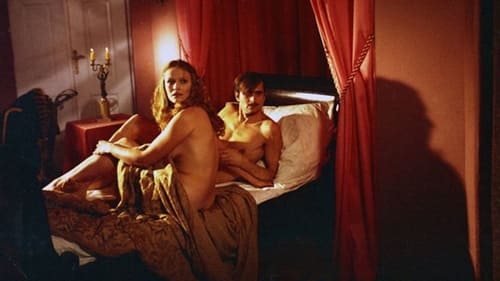
In nineteenth century Poland, Kacper Wosinski is cursed by his wife Maryna on her deathbed. Her evil spirit then haunts him in the form of a she-wolf.

Henryk Greenberg is a Polish-born American who lost much of his family in the Holocaust. Certain of the location where his father and younger brother were murdered, Greenberg returns to find most of his former neighbors predictably claiming foggy memories at first; but soon their recollections come more easily.

Anna, a young novitiate in 1960s Poland, is on the verge of taking her vows when she discovers a family secret dating back to the years of the German occupation.
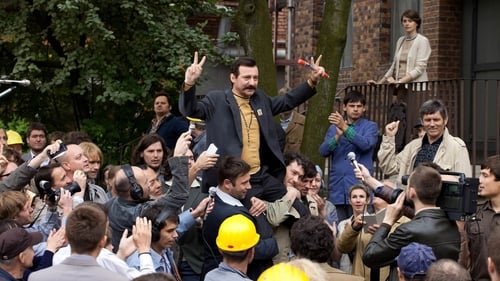
How was it possible that a single man influenced contemporary world so significantly? This film is an attempt to capture the phenomenon of a common man’s metamorphosis into a charismatic leader — an attempt to see how a Gdansk shipyard electrician fighting for workers’ rights awakened a hidden desire for freedom in millions of people.



